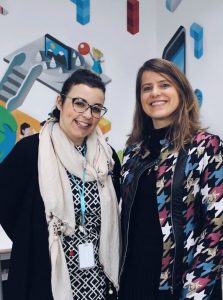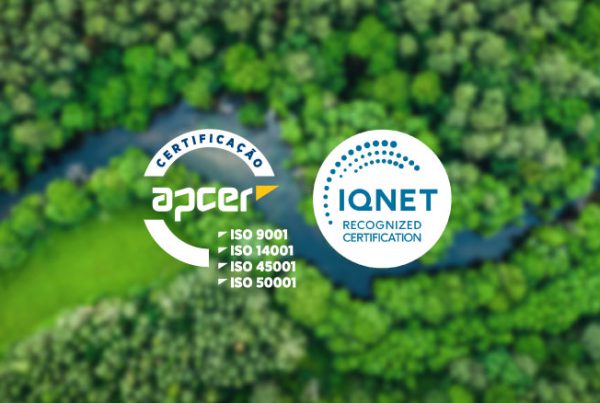Once a month in this corner we will share an interesting article, book, paper, blog post to read and wonder about…
Read the article:
What an origami swan challenge taught us about motivation to learn.
And if you had to make a paper swan in 5 minutes without having any relevant instruction to the task? And if that challenge influenced your career opportunities and development? Would you try to do it, or would you think it was so unreasonable you would not even start? Are you given that possibility when it comes to respond to challenges at work? Do our children have the possibility to ask for new instructions during their learning day?
Context, people involved, relevant artefacts and opportunities to experiment and reflect upon experience, based on personal meaningful criteria are key to learning at any age. Nevertheless, much of the lifelong learning thought is missing some of those ingredients, but still proposing competency standards and high-stakes assessment models. In this case, neither birds nor origamis would surrender learning to fly a wider horizon.
In this challenge, the Digital Frontrunners – a collaborative programme to help senior policymakers create a more inclusive digital economy – offered a raw material in the developmental psychology landscape: challenge. Nevertheless, it was not balanced with the proportional amount of support. The feeling of being left alone facing a demanding task may have undesired effects in terms of personal storytelling about learning in the medium and long run. But that level of discomfort was intentionally put into the situation. The Digital Frontrunners team wanted participants to experience what it feels like to learn under demanding conditions in uncertain environments, with no time to understand our personal positioning and assets towards success – we should read it as “meaning†– given the circumstances.
The care for the learning experience should be the stating trait of any educational initiative. As the theory of situated learning showed us,the participation in cultural practice – where some level of knowledge is in use – is a basis for learning. So, context should be assumed as a starting point not to be neglected in intentional and systematic strategy for younger or adult learners. Only under this condition, the constitution of a Community of Practice may thrive. In fact, community, identity, learning and knowledge go hand in hand with this sense of belonging. Through this perspective, educational processes might be seen as comprehensive systems that require more than a one-minute instruction. They comprise developmental processes, at a personal, community, and institutional level (these ones intertwined in a very delicate web).
So, if there is a swan, an origami, a bird to follow, let us just go in a wonderful adventure as Nils Holgersson[1] did and find submersed cities teeming in splendour: “If that city, which he had seen, had not sunk into the sea again, then perhaps it would become as dilapidated as this one soon. (…) So, it was better that it remained in all his glory in the depthsâ€. Maybe some level of magnificence is still dwelling in the depth, where deep connections enable meaning to appear as an event to cherish. Those connections are not spawned by time alone neither found in the void. Let us meet thoroughly their means and ways.
[1] Lagerlöf, S. (1998). A Maravilhosa Viagem de Nils Holgersson através da Suécia. Lisboa: Relógio D’Ãgua.

Contribution by:
Ana Paulino and Ana Mouta, the editors of A Moment of Sharing, are Pedagogy Specialists at jp.ik.



